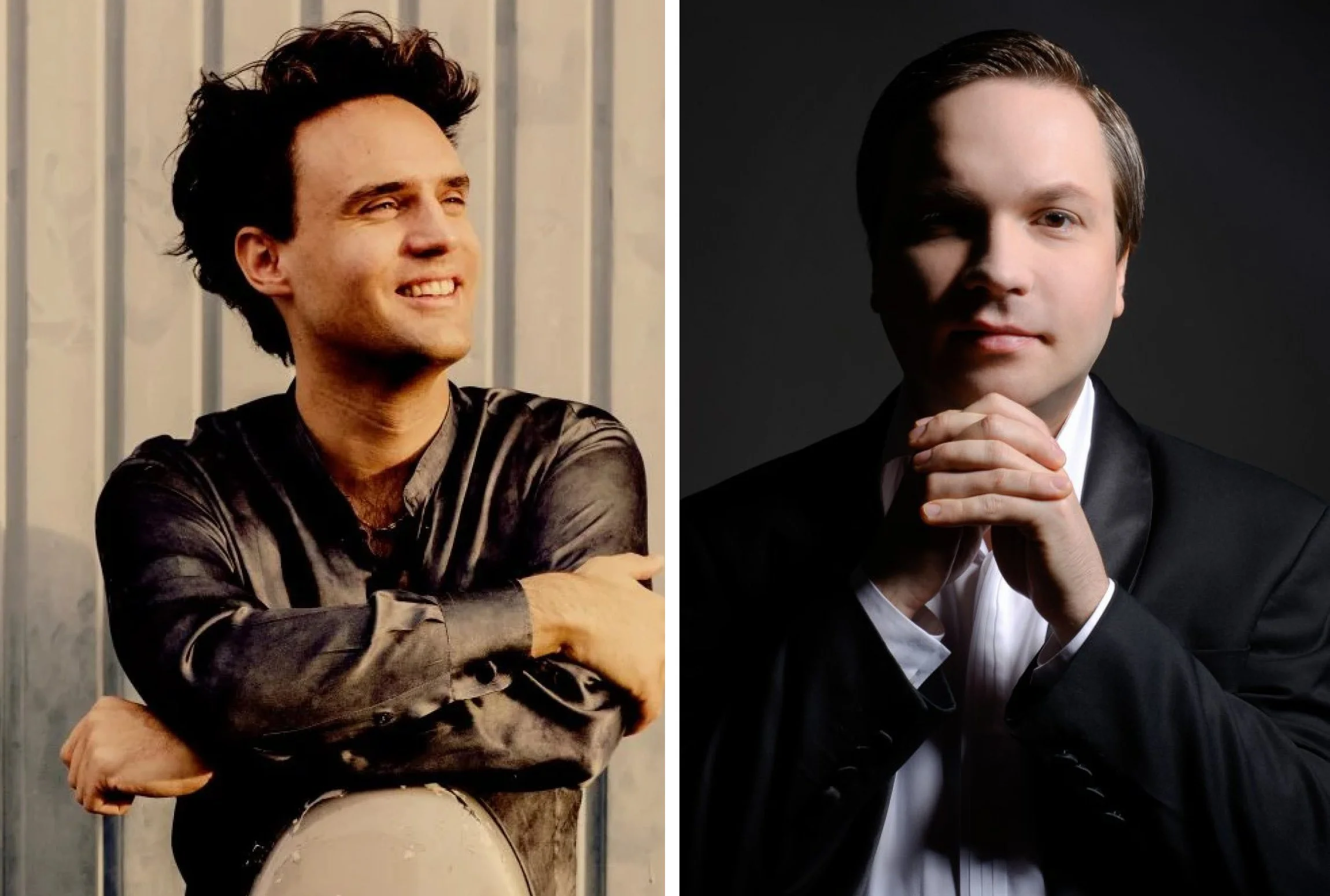SONS OF ORPHEUS
Thursday, May 1, 7.30PM
Bohemian National Hall
321 E 73rd St, New York, NY 10021
Leonard Elschenbroich cello
Alexei Grynyuk piano
Beethoven Sonata No. 1 in F major, Op. 5, No. 1
Beethoven Sonata No. 5 in D major, Op. 102, No. 2
Chopin Cello Sonata
Illustrated talk by Stephen Johnson
According to legend, the ‘divine musician’ Orpheus had the power to soothe wild beasts, even souls in Hades. But it wasn’t with his voice that he achieved these wonders, but with his playing on the lyre. In classical music, some composers have made the human voice the central focus of their expression. Beethoven was different. He struggled with vocal writing, yet—as one astonished reviewer noted—when he played the piano it was as though he “actually sang” through his instrument. The cello was relatively neglected in Beethoven’s lifetime, yet here too Beethoven saw its huge potential as a singer, even a vocal actor. His cello sonatas held up a light for future generations of composers, and in the fifth and last, he sends the cello on a journey like that of Orpheus, down into the deepest depths, finally singing and dancing its way back to the light. Hugely influenced by Beethoven, Chopin concentrated his attention on the piano, creating a pianistic bel canto (“beautiful singing”) which has also been widely influential—not just in classical music. But Chopin also wrote a wonderful cello sonata, which glories in the cello’s lyrical powers. Like Beethoven, it plumbs dark depths, but transforms painful feeling into joyous expression. Truly, there is something “divine” about music like this.
No refunds, no exchanges. Artists, programs, dates, and prices are subject to change.
Programs and artists are subject to change. If an event presented by Aspect Chamber Music Series is cancelled or postponed, we will announce the change—if time permits—by email, phone, a letter sent to your home, and on www.aspectmusic.net.

